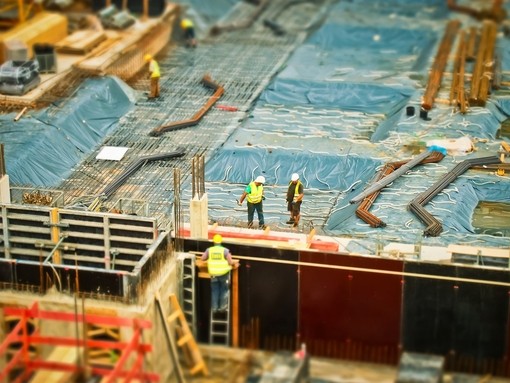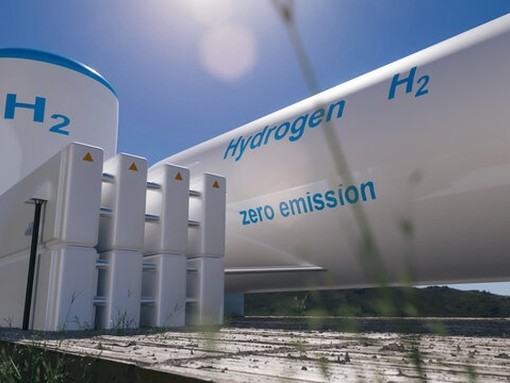
How to become a maintenance fitter
Thanks to steady investment in infrastructure, as well as some high-profile projects, there are fantastic maintenance fitter jobs in the UK construction industry for fitters at all levels.
Keep reading to find out more about the skills you’ll need and to discover whether a career as a maintenance fitter is the right fit for you.

RATES
8-13 per hour
HOT SPOTS
Hinkley Point C / HS2
QUALIFICATIONS
NVQ, City & Guilds
What do maintenance fitter jobs involve?
Maintenance fitters are responsible for erecting, installing, serving and repairing a range of industrial machinery, as well as electrical, mechanical and hydraulic systems and equipment. You can work in several different scenarios, from factories and industrial plants to building sites or transport depots.
On a day-to-day basis, you could find yourself installing pipework and pumps, examining machinery and equipment to find and fix faults, replacing worn-out components or responding to emergency breakdowns.
What is a maintenance fitter’s salary?
As a maintenance fitter, your salary can vary, depending on the size, scope and location of your current project, as well as from employer to employer. At the start of your career, you can expect to earn a salary of between £16,000 and £21,000 per year, with this increasing as you gain more experience. Maintenance fitters at the peak of their career can earn from £30,000 to £35,000.
These figures are intended as a guideline only.
What skills do I need?
To work as a maintenance fitter, it’s vital that you have excellent attention to detail, as you’ll need to interpret and follow complex technical manuals and engineering plans. Practical skills are also essential, with hand-eye coordination and manual dexterity a must, as well as a good level of physical fitness.
You’ll need to be an excellent problem-solver, and be able to work under pressure and to tight deadlines.
What qualifications do I need?
One of the most popular routes into this career is through an apprenticeship, offering you the chance to gain valuable experience and earn while you learn. To gain entry to an apprenticeship scheme, you’ll usually need a minimum of four GCSEs at grade C or above, including Maths, English and Science.
There are several NVQs you can study for, including:
Level 3 (NVQ) Diploma in Engineering Maintenance
Level 3 Diploma in Installing Engineering Construction Plant and Systems – Mechanical Fitting
Level 3 Combined Diploma in Process Engineering Maintenance
Alternatively, you can complete the City & Guilds Engineering Maintenance course (1788).
If you want to work on a construction site, you’ll also need to apply for a Construction Skills Certification Scheme (CSCS) competency card.
What are the hours and conditions?
You can usually expect to work between 37 and 40 hours a week, Monday to Friday. However, shift work is common, and you may be expected to work overtime on evenings and weekends as and when projects require it. These additional hours give you an opportunity to boost your earnings. You may also be on-call to deal with emergencies.
Due to the nature of the job, you could be based anywhere, from factories and plants to building sites. If you’re working on-site, you can expect some travel and time spent away from home.
The work can be hazardous, so protective clothing, such as safety boots, goggles, a hard hat and hi-vis clothing is essential.
Career progression
With the right training and experience, there are excellent routes for progression in your career. You could become an engineering technician, or move into a site supervisor or management position.
Areas of specialism
As you progress through your career, there are many opportunities for specialism. If you’re willing to undergo additional training and gain extra qualifications, you could move into mechanical, electrical or systems engineering.
To search for opportunities across the sector click here. Or, browse our dedicated HS2 and Hinkley Point C pages for more information.
















